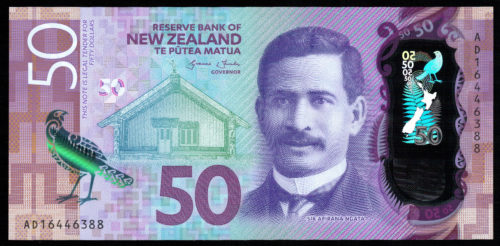By Jim Birchall
On a recent (and too frequent) visit to the drive-thru of a certain restaurant that boasts a Southern Colonel as a spokesman, I was confronted by an EFTPOS machine thrust into my face by a staff member immediately after ordering.
When I produced cash from my wallet instead, she was as surprised as anything that I chose to shun electronic payment and rely on old Queen Elizabeth.
“Wow, no-one pays with cash anymore,” she said effusively.
Although I am as familiar as the next person with EFTPOS, and being old enough to remember when it was introduced into New Zealand’s guinea pig trial market of the late 1980s, I was taken aback by her remarks and set about investigating this modern stigma.
I spent a week quizzing various petroleum transfer technicians and drive-thru staff about the frequency and demographics of people who still pay in cash. The movement towards a fully cashless society is well on the road to reality and more and more retailers are embracing Bitcoin and digital wallet options such as Apple Pay.

We approached NZX-listed Restaurant Brands, which operates and owns the master franchising rights for the Carl’s Jr, KFC, Pizza Hut, and Taco Bell brands in New Zealand, for comment. Chief marketing officer Geraldine Oldham had this to say, “The majority of our customers now pay using a card and we no longer accept cash payment for Pizza Hut delivery.”
Local retailers we approached echoed that around 30 percent of people still use the folded gold, predominantly older Caucasian people and shoppers of Asian descent.
The Times took to Picton Street for an unscientific poll.
Dennis Hazeleton, who is in his 50s said his spending was mostly restricted to credit cards, although he took “a couple of hundred bucks” a week out of an ATM as “walking around money”. Dinesh Joe (41) said he still used cash and preferred the “feel of it in the wallet”, while Sarah Douglass (23) said she never used cash, and “felt unsafe” with it about her person.








